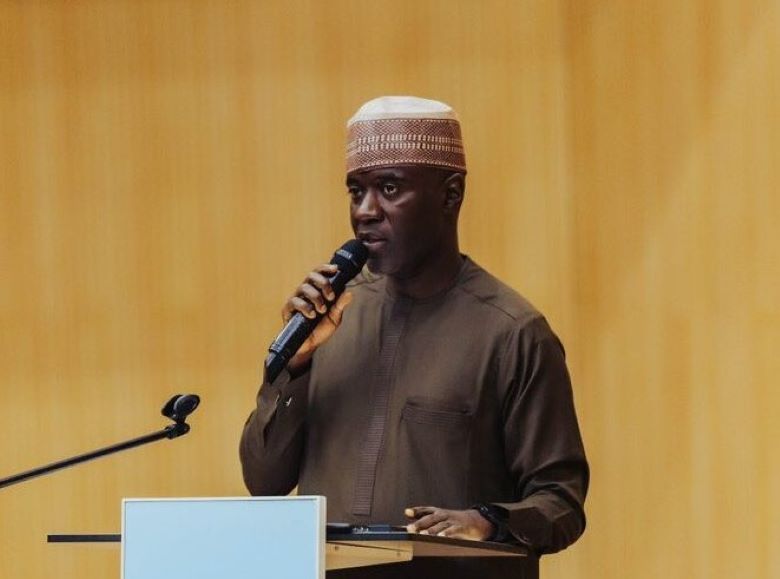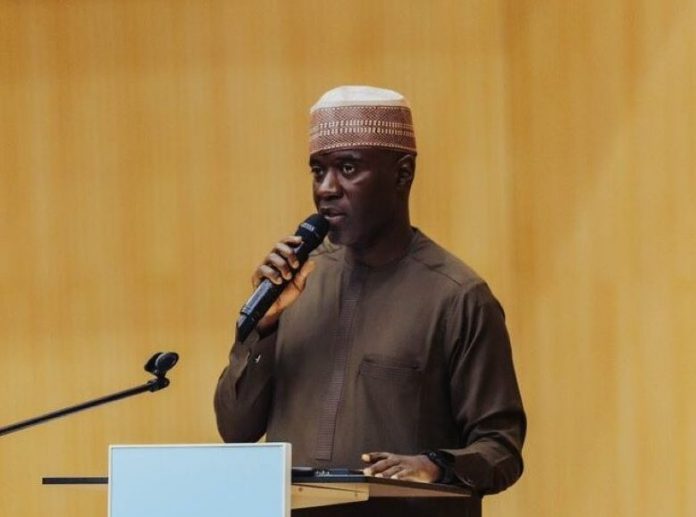The Nigerian Communications Commission (NCC) has stated that it is developing strategies to reduce the impact of fibre cuts and boost the infrastructure’s overall resilience.
Aminu Maida, Executive Vice Chairman (EVC) and Chief Executive Officer (CEO) of NCC, stated this on Thursday at a media engagement in Abuja.
Maida, represented by Mrs. Nnena Ukoha, Deputy Director and Head, Corporate Communications Management, Public Affairs Department, said one major issue affecting the quality of services and smooth operation of service providers is fibre cuts.
“When we look at the fibre cuts that occurred between 21st and 31st May, we recorded almost 147 cases in just a week. Such damage significantly affects the smooth operation in that area.
“Without a workable mechanism in place, the impact would be even more severe. This is where the Critical National Infrastructure (CNI) comes in. The commission is currently working on measures to mitigate the effects of fibre cuts and improve the overall resilience of our infrastructure.”

“The Commission is working to ensure that installations are done in a well-secured manner, following international standards. We’ve identified key stakeholders crucial for operationalising Critical National Infrastructure (CNI) in the industry.
These include MNOs (Mobile Network Operators), infrastructure service providers, content service providers, cloud service providers, and internet service providers.
“All these stakeholders, including the government, play a critical role in ensuring the security and functionality of national infrastructure. The government, in particular, has a key role in regulating and overseeing these activities to ensure that national infrastructure is protected and functions effectively.”
“We’re also collaborating with the National Security and Civil Defence (NSDC) and other security agencies to ensure that installations are well secured. They’ll provide security services while carrying out their duties and secure existing equipment from vandalism.
According to the EVC, the next steps from the Commission include establishing a joint technical working group for clear communication and rapid response, engaging with local communities through zonal offices for effective communication and quick response to outages, prosecuting offenders who disrupt critical infrastructure based on the CNII bill, creating a point of contact with NSDC for easy communication and rapid response, developing a structured communication process with NSDC for prompt attention to issues, and collaborating with construction companies through workshops to educate them on securing infrastructure and the consequences of tampering with it.


